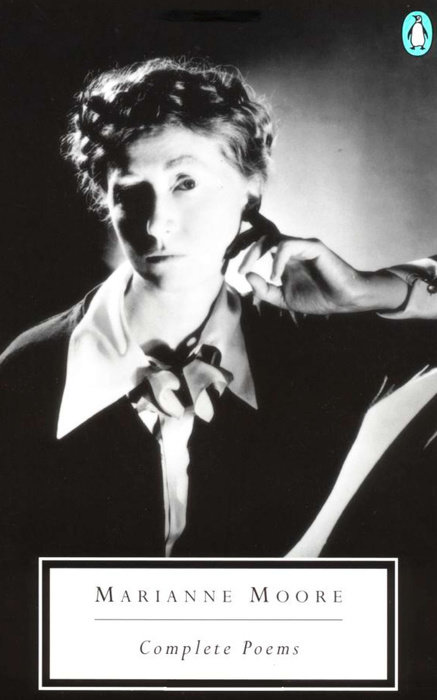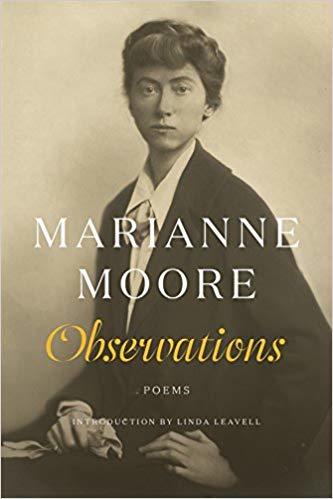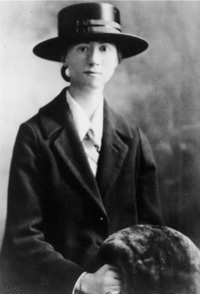What do you think?
Rate this book


320 pages, Paperback
First published January 1, 1986
“... we
do not admire what
we cannot understand.”



When one is frank, one's very presence is a compliment.
The passion for setting people right is in itself an afflictive disease.
Distaste which takes no credit to itself is best.
Because one expresses oneself and entitles it wisdom, one is not
a fool. What an idea!
where might there be a refuge for me
from egocentricity
and its propensity to bisect,
mis-state, misunderstand
and obliterate continuity?
One detects creative power by its capacity to conquer one's detachment.
The means must not defeat the end.
Omissions are not accidents.